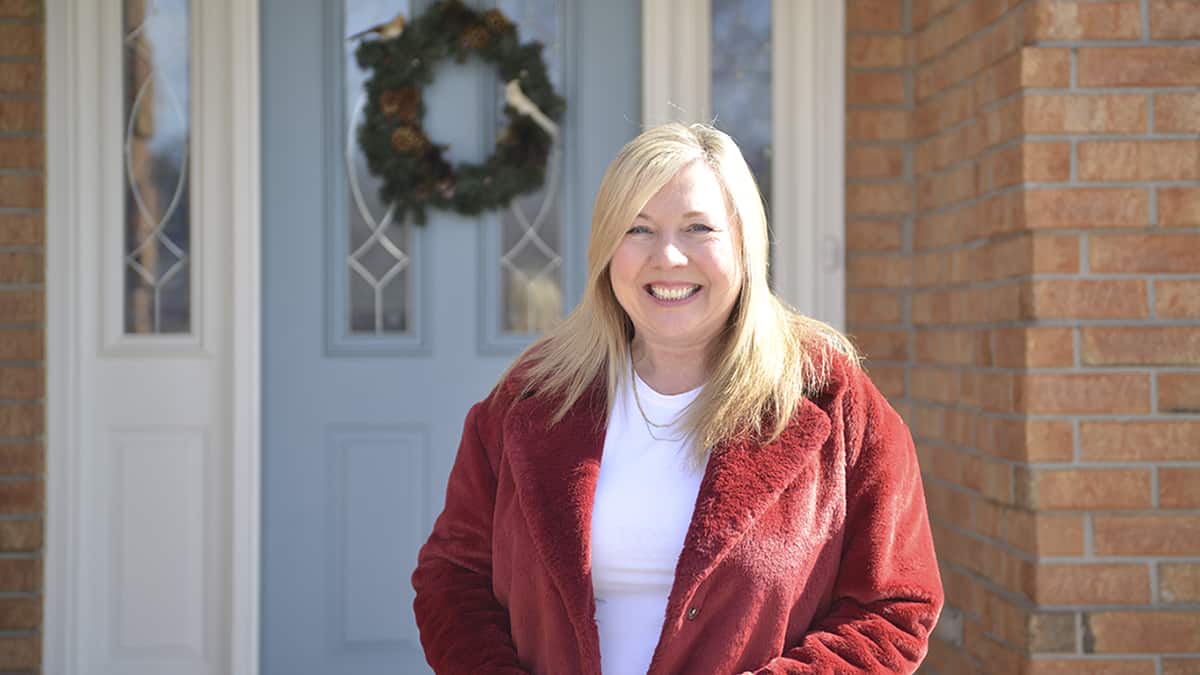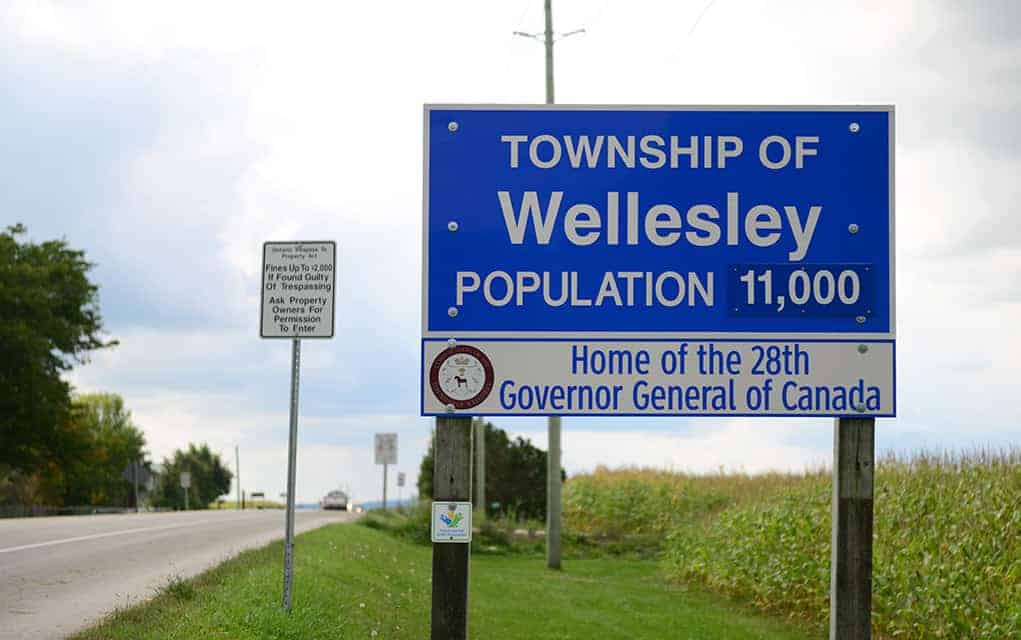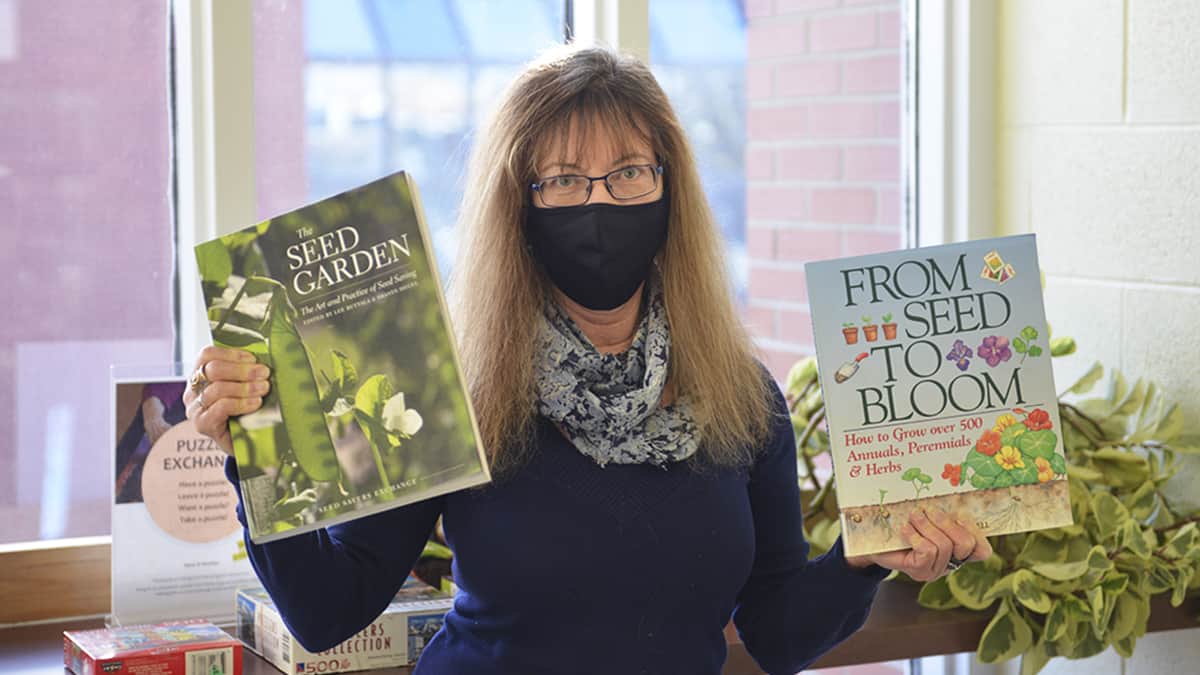Taking on issues such as racism and affordable housing, the Kitchener Waterloo Community Foundation (KWCF) is hosting a new webinar in its Do More Good Dialogue series.
Launched last year as the world was starting to cope with the COVID-19 pandemic, the series was intended to keep people connected while dealing with the situation forced upon them. Since then, the series has grown beyond the scope of the coronavirus, focusing on other topics of importance in the region.
The latest installment – The Intersectionality between Affordable Housing and Race – in the series was the eighth webinar overall and the third in their anti-racism series.
Like all other webinars, a panel of experts in the field joined KWCF president Elizabeth Heald to share their take on the topic and how they believe change can be achieved.
Taking part in the most recent webinar were Clarence Cachagee, founder of Crow Shield Lodge, Carl Cadogan, CEO of Reception House Waterloo Region, Kitchener-Centre MPP Laura Mae Lindo, and Teneile Warren, restorative schools service coordinator at Community Justice Initiatives.
Heald says the impact of these types of talks, especially right now, is key to moving things forward and bettering the lives of racialized people within our region and across the country.
“We started these talks to keep the conversation going through the pandemic, but we kept them going because of everything that was going on. When the BLM (Black Lives Matter) protests took place, we realized there was a big opportunity there to get the conversation going. Now, we’re hosting the third in our anti-racism series and it is really going to help move the conversation forward for people,” said Heald. “What we’re talking about in this first conversation for 2021 is how race and affordable housing are connected, and I think it’s really important for people to see that because it better helps them understand the situation.”
She says statistics show very concerning things regarding visible minorities. Bringing information from Statistics Canada to the webinar, she showed local links regarding housing affordability and race.
Affordable housing was defined as costing 30 per cent of the household’s monthly income before tax.
From the data, 21 per cent of the visible minority population in Ontario finds its housing needs being poorly met, more than double the rate of those who aren’t a member of the minority community. In Waterloo Region, immigrants are 25 per cent more likely to be in need of improved housing than non-immigrants, and 30 per cent of Indigenous people are more likely to be in core housing need than non-Indigenous people. Finally, about 30,000 households within the region are precariously housed.
Warren notes that people are able to see the impact of the housing situation more right now because of COVID-19 and the need to self-isolate and social distance.
“We’re seeing the impact of precarious employment. We know that there are students, youth members of multigenerational families, and some were able to move out, but with loss of employment, they moved back in. We know that racialized people are working in the frontlines that they’re at the highest risk. And we know that because of the space that they’re in, because they can’t social distance, and things that they can’t afford, that they must work… So, we’re seeing people trying to move out of the space that they’re in. Now, we’re realizing that families that were able to split up are back together. Because they lost that housing they have lost the additional income. So, we also are learning how many people are living paycheck to paycheck or opportunities to opportunity,” said Warren.









